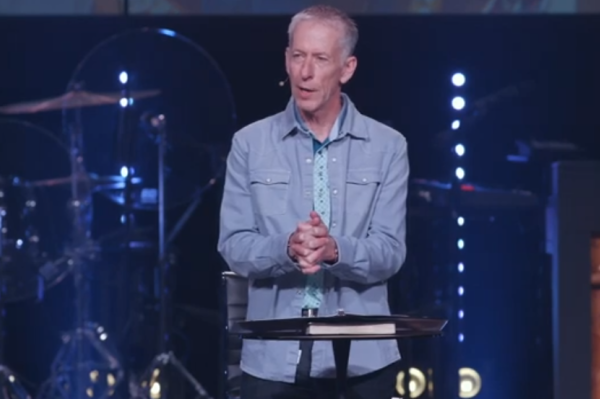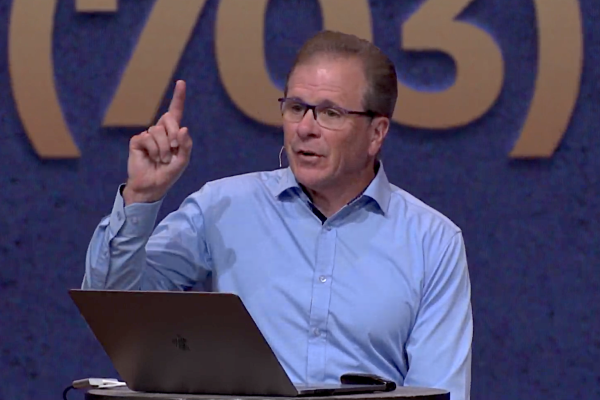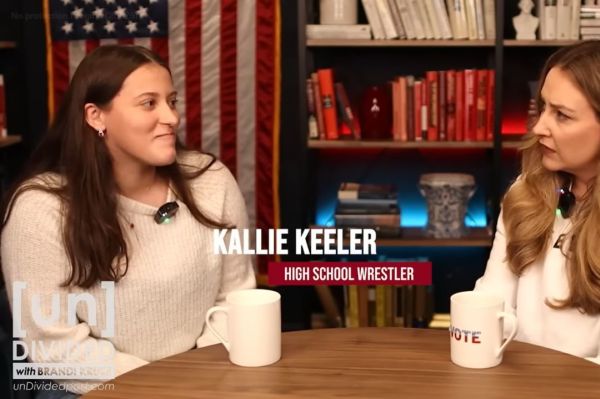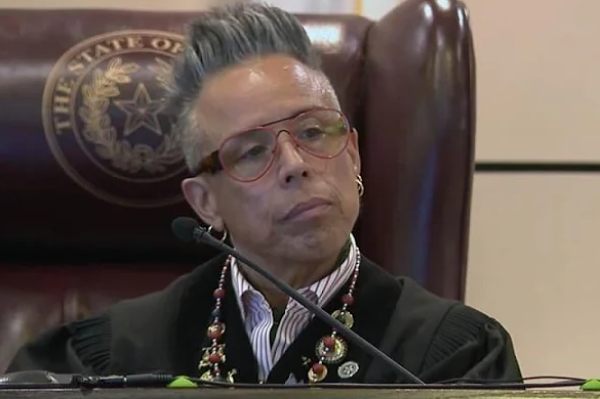Cuba bars evangelicals from attending US religious freedom ministerial
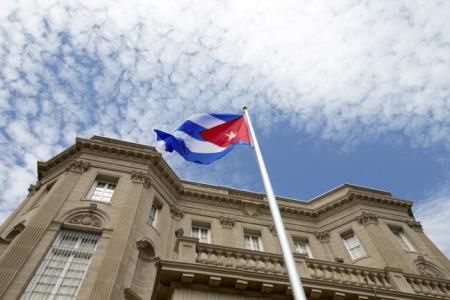
Four prominent Cuban evangelical leaders were barred by regime officials from traveling to the United States last week to participate in the State Department's historic Ministerial to Advance Religious Freedom.
The U.S. Commission on International Religious Freedom reported last week that Moises de Prada, the president of the Assemblies of God in Cuban; Alida Leon Baez, the head of the Cuban Evangelical League; Rev. Dariel Llanes, president of the Western Baptist Convention of Cuba; and Toledano Valiente from Cuba’s Apostolic Movement were stopped by government officials before they were able to board planes bound for the U.S on July 13 and July 14.
All of the leaders were invited to take part in the U.S. State Department’s second global summit addressing the issue of international religious freedom, which was touted as being the largest religious freedom summit ever held.
Christian Solidarity Worldwide notes that Prada and Baez are founding members of the newly established Cuban Evangelical Alliance (AIEC), a coalition of seven denominations created “in the defense of Biblical values" after the denominations expressed concern they did not feel represented by the Cuban Council of Churches.
“According to the Immigration Law in my country, of everyone who lives in the national territory, the only people who are not allowed to leave Cuba are those who are subject to criminal proceedings or in cases of concern for defense and national security or reasons of public utility,” Baez said in a statement.
“I do not believe that this is my case. I do not have any pending judicial processes against me. I do not consider myself a threat to the security and defense of the country where I was born and live. And if there was even a minimum reason of public utility, I think that one should be notified about it in advance and given enough time to allow me the opportunity to defend myself; not waiting until the very last minute to inform me of this decision.”
A source who chose to remain anonymous told the online news outlet Diario de Cuba that the obstacles related to the leaders’ participation in the ministerial were related to the fact that evangelical leaders had spoken out against the most recent constitutional reform in the communist nation.
“The evangelical churches were the main group that confronted the communist constitutional project and in the rupture of the traditional and fearful unanimity in the voting within the revolutionary period," the source was quoted as saying.
The outlet reports that more than 10 percent of the population abstained or voted against the constitutional reform. The evangelical leaders claimed that churches were pressured to vote “yes” for the constitutional reform even though they wanted more freedom of conscience, the freedom to obtain wealth without being criminalized and marriage to be recognized as a union between one man and one woman.
According to Evangelical Focus, Baez wrote on Facebook that immigration officials banned her from traveling because the regime considered the U.S. ministerial to be a “counter-revolutionary event.”
“If the denial of religious freedom in Cuba was ever in question, the Cuban government laid to rest all doubt this weekend by blatantly prohibiting four pastors, leaders of the country’s major religious organizations, from leaving the country to attend the State Department’s Ministerial to Advance Religious Freedom in Washington, D. C.,” USCIRF Commissioner Kristina Arriaga said in a statement.
“This is exactly the type of human rights violation that we and Ministerial attendees from all over the world are working to expose and to prevent.”
According to CSW, the leaders were surprised that they were prevented from attending the event because some of them have traveled to Europe and South America as recently as two weeks ago without any issues.
“By arbitrarily denying the right to travel outside of Cuba to these three religious leaders, who represent some of the largest Protestant groups in the country, the Cuban government has made clear that its policies of control and intimidation have not changed,” CSW Head of Advocacy Anna Lee Stangl said in a statement.
During the three-day ministerial, 27 survivors of religious persecution met with President Donald Trump at the White House last Wednesday. Among those in that meeting was Cuban pastor and rights activist Mario Barroso. Barroso, a regime critic who was arrested multiple times in Cuba, fled to the U.S. as a refugee in 2016.
Trump asked Barroso whether or not Cuba has changed since the election of Cuba’s new president Miguel Díaz-Canel last year.
“[Raul] Castro continuing the power because Castro is the first secretary to the party — the communist party. And the new President is not really,” Barroso told Trump. “Castro is the real leader…”
CSW has also raised a concern about the case of Cuban religious freedom defender Ricardo Fernandez Izaguirre, who was released last Friday after spending the last week in detention for documenting violations of freedom of religion or belief. For four of the seven days, Izaguirre was held incommunicado in a Havana prison.
Follow Samuel Smith on Twitter: @IamSamSmith
or Facebook: SamuelSmithCP










